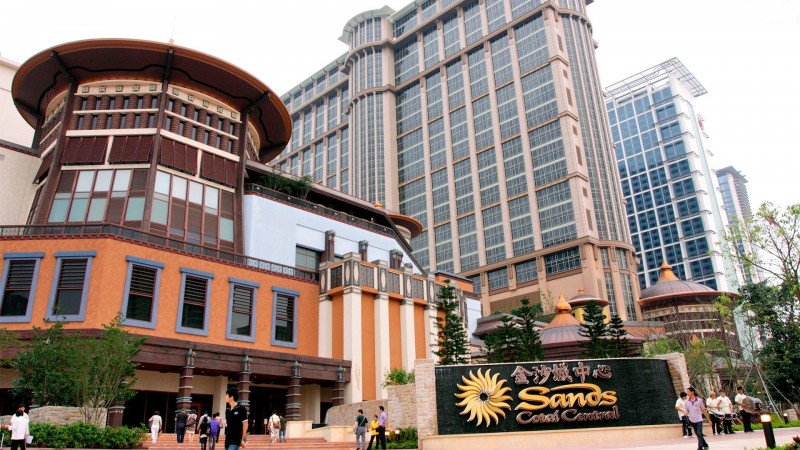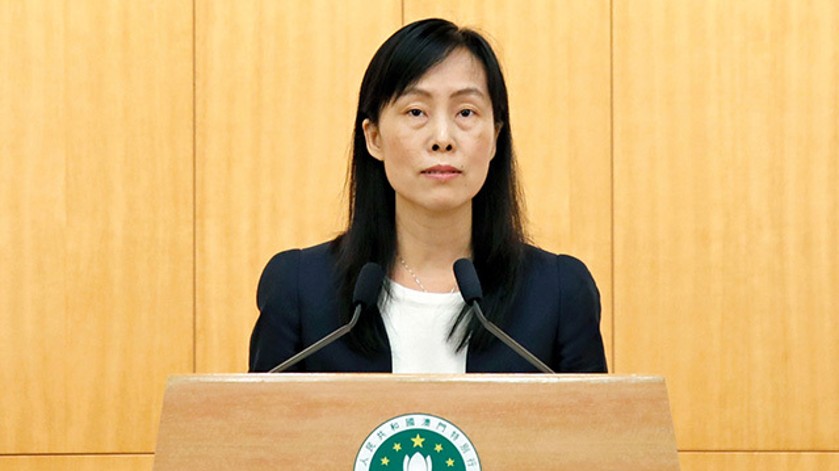Gaming and hospitality giant Las Vegas Sands has reported financial results for the second quarter of the year. Pandemic-related restrictions and reduced visitation took a toll on its Macau and Singapore operations during the period ended June 30, resulting in a widened net loss of $414 million, compared to $280 million in Q2 last year.
Additionally, the company reported net revenue of $1.05 billion, down from $1.17 billion in the prior quarter; and an operating loss of $147 million, up from the $139 million in the same period last year. Consolidated adjusted property EBITDA was $209 million versus $244 million in the prior year comparable quarter.
“While pandemic-related restrictions continued to impact our financial results this quarter, we were pleased to see the recovery in Singapore accelerate during the quarter, with Marina Bay Sands delivering $319 million in adjusted property EBITDA,” said Robert G. Goldstein, chairman, and chief executive.

The executive further said the company remains “enthusiastic” about the opportunity to welcome more guests back to its properties once greater volumes of visitors are eventually able to travel to Macau and Singapore.
While demand for the company’s offerings from customers who have been able to visit these locations remains “robust,” Sands credits pandemic-related travel restrictions still in place in both Macau and Singapore as continuing to hinder current financial performance.
“Our industry-leading investments in our team members, our communities, and our Integrated Resort property portfolio position us exceedingly well to deliver future growth as travel restrictions subside and the recovery comes to fruition,” Goldstein added.
Breaking down companywide revenue for the period by vertical shows casino revenue represented $709 million of the total, while rooms delivered $97 million in revenue. Food and beverage revenue amounted to $63 million, mall posted $148 million, and convention, retail, and others represented $28 million.
Macau operations represented $374 million of total revenue. The company’s presence in the market was led by The Venetian Macau, which delivered $150 million in revenue, followed by The Londoner Macao and The Plaza Macau and Four Season Macau with $79 million each. The Parisian Macao posted $42 million. Meanwhile, Singapore’s Marina Bay Sands saw revenue of $679 million.
Sands’ second-quarter results don’t reflect revenue generated since a government-ordered closure of Macao’s 41 casinos that began July 11. According to a government announcement earlier this week, casinos are expected to reopen on Saturday, July 23.
Marina Bay Sands in Singapore
Goldstein said the rebound of the Singapore market was one ray of sunshine in the second-quarter report, and he acknowledged that Macao continues to be a struggle. He noted the company has invested $2.2 billion in Macao and $1 billion in Singapore in the past year.
“The operating environment there (in Macao) remains very difficult,” Goldstein told investors in a conference call on earnings. “Restrictions have been lifted. Macao has proven resilient at the premium mass level in both the gaming and retail perspective.”
“As the market eventually recovers, our $2.2 billion investment program at Four Seasons and Londoner (in Macao) will provide outstanding growth opportunities in both the premium and mass customer segments,” he further commented as reported by Las Vegas Review-Journal.
The $1 billion investment in Singapore upgrades hotel rooms in the company’s Marina Bay Sands, and Goldstein said he expects the update will command even higher room rates than before the pandemic. Marina Bay Sands, he said, already has delivered $319 million in adjusted property cash flow during the quarter.
Sands officials offered investors no guidance on the third-quarter financial picture which likely will be affected by 12 days of closures and a slow rebound.
Ao Ieong U, secretary for social affairs and culture
Earlier this week, Ao Ieong U, secretary for social affairs and culture, said at a briefing that Macau will allow gaming venues to resume operations as long as they meet the required conditions in regards to ventilation and disinfection. The facilities are also required to have 50% of normal staffing levels at work, and activities that require the removal of masks for extended periods of time are forbidden.
However, according to analysts, even with the Saturday reopening in sight, it could take weeks for visitation numbers to bounce back. It was also earlier this month that analysts predicted that any recovery in gaming revenue would most likely not happen until the end of the third quarter or during the fourth quarter.
The city’s six current concessionaires have had their licenses extended temporarily to December while a new tender process is underway.
“We appreciate the clarity of the revised gaming law in June and we look forward to participating in the concession retendering process as it proceeds,” Goldstein said during the call with investors. “We consider our portfolio of resorts in Asia to be the ideal platform for growth in the years ahead, and we’ll additionally pursue other opportunities in large land-based destinations in the U.S. and Asia,” he concluded as reported by Review-Journal.
















